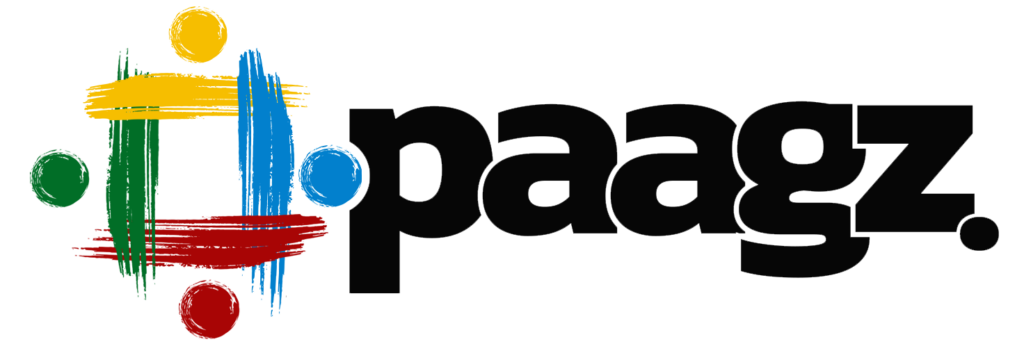Zambia is a relatively stable democracy that has experienced two peaceful political transitions from the ruling party to the opposition (2011 and 2021) in the last 15 years, raising hopes for a model of a democratic state in Southern Africa. The current government (United Party for National Development – UPND) has enacted some progressive reforms, including the repeal of the defamation of the president law, a ban on political “cadreism,” and the long awaited Access to Information Act operationalised in 2024.
These developments do, however, co-exist with significant regressions. The selective application of the law by law enforcement, the persistent dependence on colonial era regulations such as the Public Order Act, the expanding use of digital monitoring under the recently enacted Cyber Security Act (2025) and the proposed Constitution Amendment Bill No. 7 of 2025 continue to be major concerns. The Constitution Amendment Bill No. 7, deferred by President Hichilema on 26 June 2025 after public outcry and consultations with key stakeholders, has raised concerns among civil society and legal experts over its potential to entrench executive power and weaken democratic transparency. Together, these changes have produced a complicated civic context where official actions that restrict rights, especially those of journalists, human rights advocates and government critics, can occasionally erode progress that appears to have been made over the years.
Although Zambian civil society groups are legally recognised and have access to both domestic and foreign funding, sustainability is still a major concern. CSOs, particularly those offering and complementing vital services in the fields of service delivery such as health and education, have been severely impacted by the recent reduction in funding from USAID. The vulnerability of marginalised populations has increased as a result of numerous organisations cutting back on, or shutting down their operations.
Engagement between civil society and the state appears to be progressive, notably through Zambia’s 2024 membership in the Open Government Partnership (OGP). However, responsiveness varies, with governance focused Civil Society Organisations (CSOs) and those perceived as government critics facing more resistance than service delivery oriented ones. In terms of Publc trust in civil society, it appears to have mixed emotions.
Further, regarding financing, many CSOs rely heavily on foreign donor funding, which can create vulnerabilities and potentially hinder their ability to advocate for national interests due to this instability. Some CSOs have been criticised for lacking sufficient transparency and accountability in their operations, raising concerns about how funds are used and whether they are effectively meeting their objectives.
Network Member:
Peoples Action for Accountability and Good Governance in Zambia (PAAGZ)
